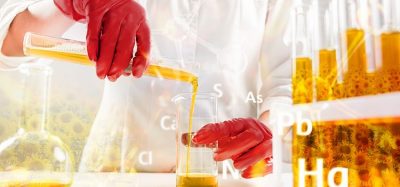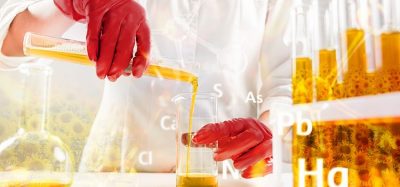Antimicrobial resistance: It hasn’t gone away
- Like
- Digg
- Del
- Tumblr
- VKontakte
- Flattr
- Buffer
- Love This
- Odnoklassniki
- Meneame
- Blogger
- Amazon
- Yahoo Mail
- Gmail
- AOL
- Newsvine
- HackerNews
- Evernote
- MySpace
- Mail.ru
- Viadeo
- Line
- Comments
- Yummly
- SMS
- Viber
- Telegram
- Subscribe
- Skype
- Facebook Messenger
- Kakao
- LiveJournal
- Yammer
- Edgar
- Fintel
- Mix
- Instapaper
- Copy Link
Posted: 15 February 2023 | Professor Chris Elliott | No comments yet
Professor Chris Elliott highlights an issue that, wish as we might, has not gone away. He examines the efforts to reduce antibiotic use around the world as we attempt to curb antimicrobial resistance.


The World Health Organization (WHO) has described antimicrobial resistance (AMR) as one of the top ten threats to global health, and quite rightly so. It threatens so many aspects of food safety, food security, human health and economic development.
Yet it seems that it’s a topic that has received less attention, at least in the public domain, over recent years, most likely due to the global pandemic. Not surprising of course in many ways as COVID-19 has been responsible for an estimated seven million deaths globally. AMR currently sits as the cause for over one million fatalities each year but this is predicted to rise to 10 million by 2050. So we are facing the equivalent of a global AMR crisis year after year. The thought is a scary one….
There has, for a long time, been discussions, debates and arguments about the main causes of AMR ie overuse in the human population or overuse and misuse in livestock production. What is clear is that better controls are needed in both the human and animal applications and this has to take a joined up ‘One Health Approach’.
Cause for optimism
The reason I decided to refocus on this topic for this article is twofold; firstly a report that was published recently following a House of Commons debate on the use of antibiotics on healthy farm animals and antimicrobial resistance. A second publication which this time appeared in a scientific journal on the global trends in antimicrobial use in food-producing animals is an important read. It’s fair to say there are some grounds to be optimistic from a UK perspective but much less so from a global perspective.
In terms of the UK, the use of veterinary antibiotics has been steadily decreasing. This is thanks to a true collaborative effort between government, the veterinary profession and the farming sector. The focus on the AMR issues have resulted in the national sales of veterinary antibiotics being reduced by 55 percent since 2014. In 2021 the lowest recorded use of antibiotics was achieved. This has been largely achieved by great strives in terms of better farm hygiene and ventilation and fit for purpose vaccination strategies.
The report also mentions that last year the EU strengthened its position of tackling the AMR challenge by extending the scope of its ban on the use of antibiotics in livestock production to compensate for poor hygiene and animal husbandry practices. While it’s still unclear of the UK will follow this EU initiative, DEFRA Farming Minister Mark Spencer said that the Government proposed to strengthen national law on unnecessary antibiotic prescribing in animals. This is reassuring and we must hope that tighter controls are delivered without delay.
Cause for concern
Unfortunately, the global outlook appears much bleaker. As reported in the journal article referenced above, antimicrobial usage worldwide in 2020 was estimated to be close to 100,000 tonnes and is projected to increase by eight percent by the end of this decade. Asia, where the demand for animal protein continues to grow, was overwhelmingly the global hotspot.
The UK livestock industry must be commended for its efforts and successes, yet whilst still appreciating there is a lot more to do. I’m very aware that this is exactly the attitude of the industry and they continue to implement a range of measures that will further decrease antibiotic usage.
With the current cost of living crisis and the increased importation of lower cost meat into the UK wonder if anyone in the food industry or government has tried to calculate the impact of this in terms of AMR? Somehow I doubt it.
Another worrying thought: as the UK continues to negotiate trade deals with countries around the world, what will this mean in terms in not only importing more meat into the UK, but also importing AMR ? In the data from the scientific publication outlining global usage of antibimicrobials Australia has a very large red circle in the heatmap of antibiotic use. Think back to the trade deal the UK stuck with this country by former Prime Minister Liz Truss when she was Trade Minister. Many commentators including myself pointed to the poor record of animal welfare and veterinary drug use in the country, but the political win at the time out-trumped any issues of food safety or human health.
On the global level it must be a case of better enforcement, better regulations, better reporting and better education for farmers. If this does not happen we will be facing a major catastrophe in a relatively short space of time. This time we won’t be able to vaccinate our way out of it.
Related topics
Clean Label, Food Safety, Regulation & Legislation, Sustainability
Related regions
Asia Pacific & Oceania, Central and South Asia, Europe, UK & Ireland













